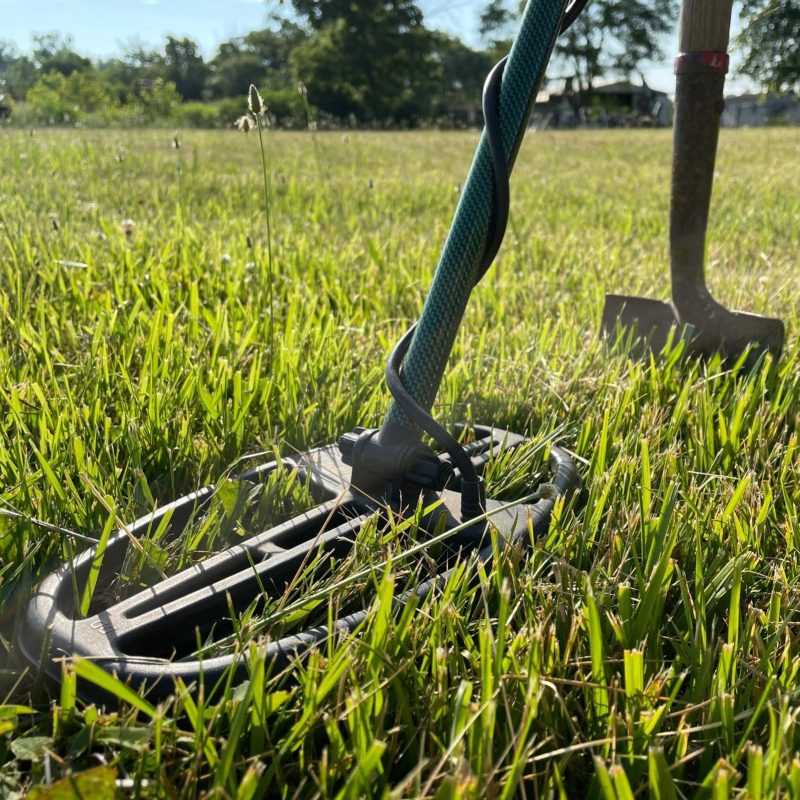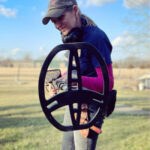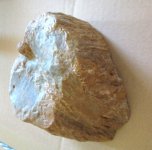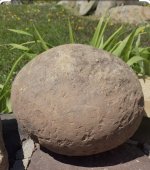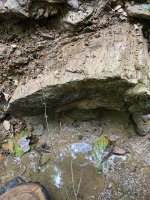- May 28, 2010
- 19,421
- 30,102
- 🥇 Banner finds
- 1
- 🏆 Honorable Mentions:
- 1
- Detector(s) used
- Nokta Makro Legend// Pulsedive// Minelab GPZ 7000// Vanquish 540// Minelab Pro Find 35// Dune Kraken Sandscoop// Grave Digger Tools Tombstone shovel & Sidekick digger// Bunk's Hermit Pick
- Primary Interest:
- Metal Detecting
Thank you Nicole for this fantastic article!

 focusspeed.com
focusspeed.com

Metal Detecting as a Therapy for PTSD - Focus Speed
Terry Soloman who runs a website called Metal Detectors 4 Veterans (MD4V). He teaches veterans with PTSD and other mental health conditions how to use a metal detector




